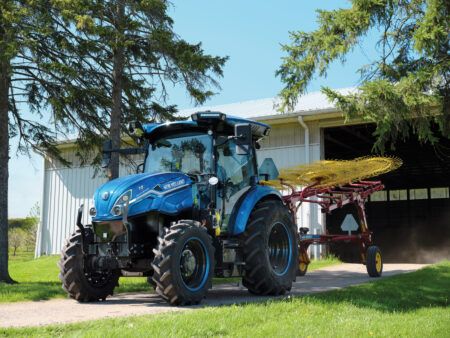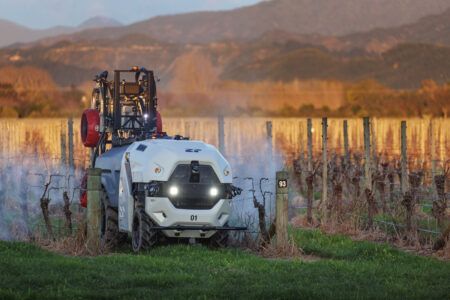Continental expects connected, automated and autonomous agricultural vehicles to be a common sight by 2025. The prediction comes as the company has announced it is stepping up its development of relevant technologies.
The future strategic competitive advantage lies not only in the hardware, but also in the data analysis algorithms. Looking to the medium term, the data captured will allow Continental to offer additional services. This will help to ensure stable crop yields and protect the environment.
The autonomous and automated driving of agricultural vehicles goes hand-in-hand here with across-the-board process automation, offering farmers real added value instead of driving the vehicles, the farmer of the future will take on a monitoring role, which will free up more time for planning and coordinating their farming tasks.
Activities relating to the intelligent and targeted management of agricultural areas are set to increase further over the coming years and autonomous agricultural machinery is a key component here. External studies have shown that the market for “precision farming” including the corresponding hardware and software will grow by around 12% to approximately 4.5bn by 2020. Due to their vast tracts of cultivable land and high technological standards, North America and Europe are set to be the fastest-growing markets.
“The farmer of the future will no longer have to spend 15 hours a day out on the fields during the harvesting season; instead, they will be able to control and monitor the entire harvesting process centrally from a location of their choice. The farm of tomorrow will resemble an ultra-modern technology center,” explained Hans-Jürgen Duensing, a member of Continental’s executive board, responsible for various segments including Off-Highway.
It is estimated that, by 2025, the world’s population will have grown to around eight billion, with this figure reaching 10 billion before the end of the century. “We want to do our bit to ensure that the food destined to feed the world’s population is grown sustainably and harvested efficiently. Greater connectivity, greater automation and greater digitization in the agricultural industry are absolutely essential,” said Duensing.
“The data that is generated will therefore become the most important seeds for the future and indispensable when it comes to refining and enhancing precision farming.”
November 10, 2017




